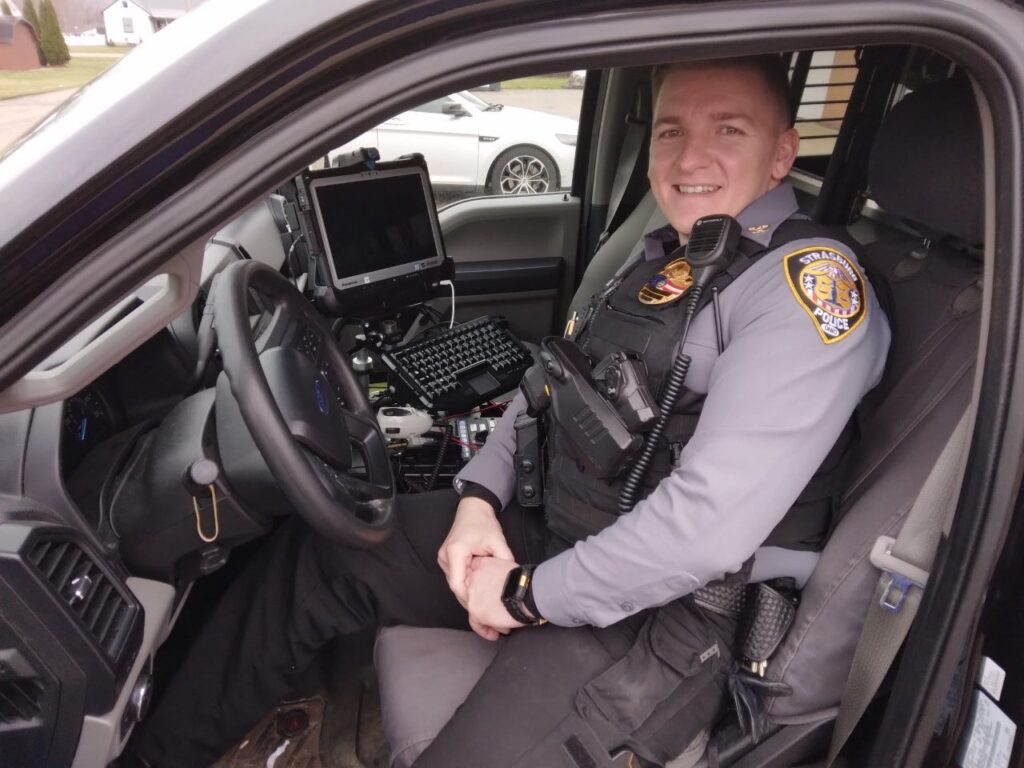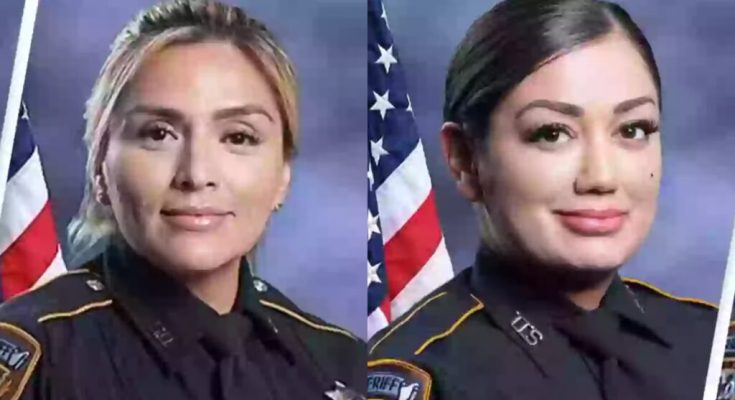Texas Police lost four of its brave deputies to suicide, all of them struggling to make peace with mental health.
The recent tragic suicides of four current and former deputies from the Harris County Sheriff’s Office (HCSO) within six weeks have shaken off the department.
The situation ignited critical discussions about mental health support within law enforcement. The deputies who died include Christina Kohler and Maria Vasquez, along with former deputies Long Nguyen and William Bozeman. All of them faced severe mental health struggles exacerbated by the unique challenges of their profession, as per Unilad.
Christina Kohler, a 37-year-old deputy who had served Texas Police since 2018, was found deceased on March 13. She was reported missing just a day earlier.
Kohler was last seen on March 12, and authorities expressed that she posed a credible threat to her own safety. Her passing was followed closely by the suicide of Maria Vasquez, a 42-year-old deputy who had left the HCSO in December 2024. Maria reportedly died at her home shortly after Kohler’s death.
However, the distressing trend extends further back. Long Nguyen, a 58-year-old former deputy, died by suicide on February 26, and the community is still reeling from these losses. Experts highlight that law enforcement officers are at a significantly higher risk for suicide compared to the general population.
As estimates suggest, law enforcement professionals face a 54% increased risk.
Texas Police Is Initiating Mental Health Support To Its Deputies

While the recent incident has brought the discussion around mental health to light, the department is making some efforts.
The largest sheriff’s office of Texas Police, HCSO, is actively enhancing its mental health support initiatives in response to the recent tragedies involving officer suicides. The agency is providing mental health and peer support services to its deputies. Specifically designed to assist colleagues who are grieving the loss of their peers.
This support underscores the importance of community and shared burdens in the law enforcement environment.
Dr. Thomas McNeese, the director of the HCSO Behavioral Health Division, emphasizes the significant emotional toll that law enforcement can take on individuals. According to him, it’s important for officers to reach out and seek help rather than remain stuck in their struggles.
This sentiment is echoed by other officials, including Constable Sherman Eagleton. Eagleton encourages first responders to seek help and affirm their value, stating that “you are needed, and you matter, even when you feel your lowest.”



